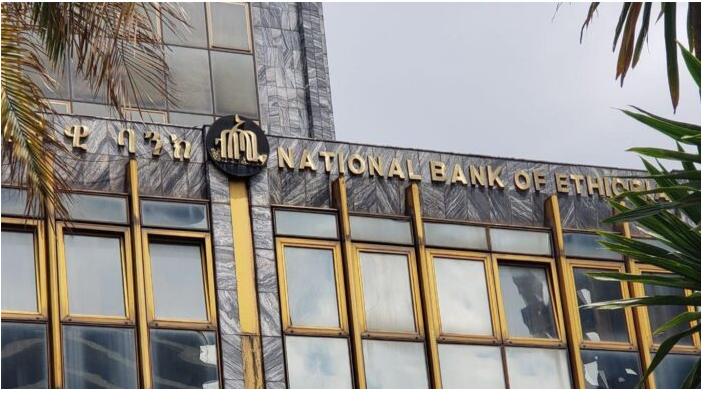
In a move aimed at improving foreign exchange accessibility, Ethiopia’s Central Bank has granted operational licenses to five non-bank foreign exchange (forex) bureaus. This decision is part of the government’s ongoing efforts to liberalize the financial sector and facilitate easier currency exchange for businesses and travelers.
The newly licensed forex bureaus will operate independently of traditional banks, offering a convenient alternative for those needing currency exchange services. This initiative is expected to boost competition within the forex market and provide more options for individuals and companies looking to convert their currency.
Non-bank forex bureaus are known for offering more flexible services, including extended operational hours, competitive rates, and quicker transactions, making them a preferred choice for many travelers and small businesses. By granting these licenses, the Central Bank is aiming to ease the pressure on banks, which have long been the primary providers of forex services in Ethiopia.
This move aligns with the Ethiopian government’s broader economic reforms aimed at modernizing and liberalizing the country’s financial sector. Over the past few years, Ethiopia has been implementing policies to open up its markets, attract foreign investment, and improve the ease of doing business.
The introduction of non-bank forex bureaus is part of a strategy to address the country’s ongoing foreign currency shortages, which have been a persistent challenge for the Ethiopian economy. By increasing the number of forex service providers, the government hopes to ensure better currency availability and improve liquidity in the market.
For businesses engaged in international trade, the availability of more forex bureaus will likely enhance access to foreign currencies, easing the difficulties often associated with securing the necessary funds for imports and exports. Small and medium enterprises (SMEs), in particular, are expected to benefit from the increased competition and improved rates that non-bank forex bureaus typically offer.
Travelers to and from Ethiopia will also find it easier to exchange currency at more convenient locations, reducing reliance on traditional banks and long queues. This will be especially beneficial for tourists, who frequently experience challenges with limited access to foreign currency in the country.
While the Central Bank has granted licenses to these non-bank forex bureaus, it has emphasized that they will be subject to strict regulatory oversight. The bureaus will be required to comply with existing financial regulations, including anti-money laundering (AML) and counter-terrorist financing (CTF) measures.
In a statement, the National Bank of Ethiopia (NBE) affirmed its commitment to maintaining transparency and accountability within the forex market. It reassured the public that the newly licensed bureaus would operate under close supervision to ensure they adhere to the country’s financial laws and regulations.
Although the introduction of non-bank forex bureaus presents many opportunities, there are also challenges that come with regulating a broader range of financial service providers. Ensuring compliance and preventing illegal activities such as money laundering will require robust monitoring systems and cooperation between the Central Bank and law enforcement agencies.
At the same time, these bureaus represent an opportunity to increase foreign currency inflows into the Ethiopian economy. By creating more formal channels for currency exchange, the government hopes to reduce the prevalence of the black market, where illegal forex trading has often flourished due to scarcity in the formal sector.
The licensing of five non-bank forex bureaus by Ethiopia’s Central Bank marks a significant step in the country’s financial sector reforms. This development is expected to provide businesses, travelers, and individuals with more options for currency exchange while helping to address long-standing forex shortages. With the proper regulatory framework in place, these bureaus could play a key role in enhancing Ethiopia’s foreign exchange market and contributing to the country’s broader economic goals.
Ennywealth

